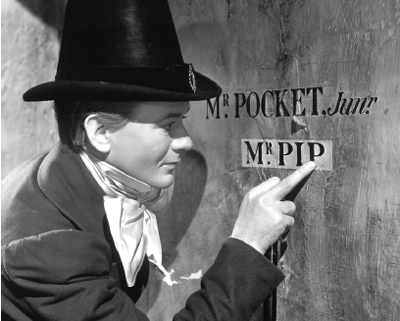FILM ACTING + MEISNER COURSE
CSA Casting Director Nancy Bishop and acting coach joins actor/coach Brian Caspe to teach a special nine week acting course in Prague.
This twice weekly course, taught in English, will cover the craft of screen acting and auditioning, complimented by the Meisner technique that develops naturalist acting.
FILM ACTING SEGMENT: (Nancy Bishop)
Acting is both an art and a craft. The film acting portion of the course will focus on craft, emphasizing the technical demands of screen acting. Students will learn to calibrate their performances specifically for the camera frame, adjusting for close ups and a wide shots. Since the camera photographs thought, students will learn to develop an active and varying inner monologue, and understand the nuances of acting, thinking and listening with the eyes.
FILM AUDITION SEGMENT: (Nancy Bishop)
This segment will teach actors how to market and promote themselves in a competitive industry. Actors will learn strategies to tackle cold reading and on-screen castings. Each student will partake in a series of mock auditions and receive one on one coaching from Nancy.
MEISNER SEGMENT: (Brian Caspe)
Acting is living truthfully under imaginary circumstances. In the Meisner segment, we will work first on living truthfully, that is, breaking down barriers. Students then explore imagination: creating situations and relationships that bring two opposing viewpoints or objectives together. The “scenes” that come out of this work are improvised and full of emotion and truth. This work forms the foundation of acting craft.
About the teachers:
Nancy Bishop is an Emmy-award nominated casting director who has cast over sixty American and British films from her base in Prague. She is a member of the Casting Society of America and the European Network of Casting Directors. She has cast for major feature film including Roman Polanski’s Oliver Twist, Alien Vs. Predator, Bourne Identity, the Illusionist, Prince Caspian and Wanted. She has also cast TV series such as CBS’s Hitler on the Origin of Evil and the BBC’s BAFTA award winning Charles II. Ms. Bishop is committed to actor training and has developed a proven method for casting technique. She teaches master classes on film acting throughout Europe, the UK and the US. She has taught at top conservatories such as the American National Theater Institute and the Royal Scottish Academy of Dramatic Art. Her book, Secrets from the Casting, is available from Methuen Drama. She earned her Masters in Theater History Criticism at Northwestern University and her BA is in Acting and Directing from the University of Michigan (Ann Arbor). www.nancybishopcasting.com
Brian Caspe (Acting, Meisner Technique) is a professional actor who plays regularly in theater, TV, film and commercials. Motion pictures credits include Wanted, the Illusionist, Hellboy, Running Scared and Hannibal Rising. Brian also played a major supporting role in the NBC television series Revelations, opposite Bill Pullman. His most recent film is Solomon Kane with James Purefoy and Pete Postelwaite. In theater, Brian has gotten rave reviews playing in the lead in Oliver!, A Funny Thing Happened on The Way To The Forum, The Seagull, You’re A Good Man, Charlie Brown among many others. Since moving to Prague in the spring of 2002, Brian has re-energized the Expat acting scene. In 2003, he founded the Prague Playhouse with the aim to give native English-speaking actors a company where they could perform and English-speaking audiences a venue to enjoy. Brian regularly coaches Meisner technique which he studied in Los Angeles under Jeff Goldblum and Robert Carnegie (assistant to Mr. Meisner for 10 years). Over the past 4 years, many of his students have gone on to have successful acting careers and even more have learned to appreciate the power of living in the moment. www.acting.cz
Class Info:
Class is taught in English. Students with some experience preferred, but beginners welcome to apply.
Time: 11- 13:00, Mondays and Wednesdays
Date: 20 Sept – 17 Nov, 2010.
Place: Prague Film School, Pstrossova 19, Prague 1
Cost: 7,200kc.
Discount for early registration: 6500kc if registered by 13 Sept.
To Apply: Please send a letter of intent, and photo to filmschool@rexpats.com and brian@acting.cz


